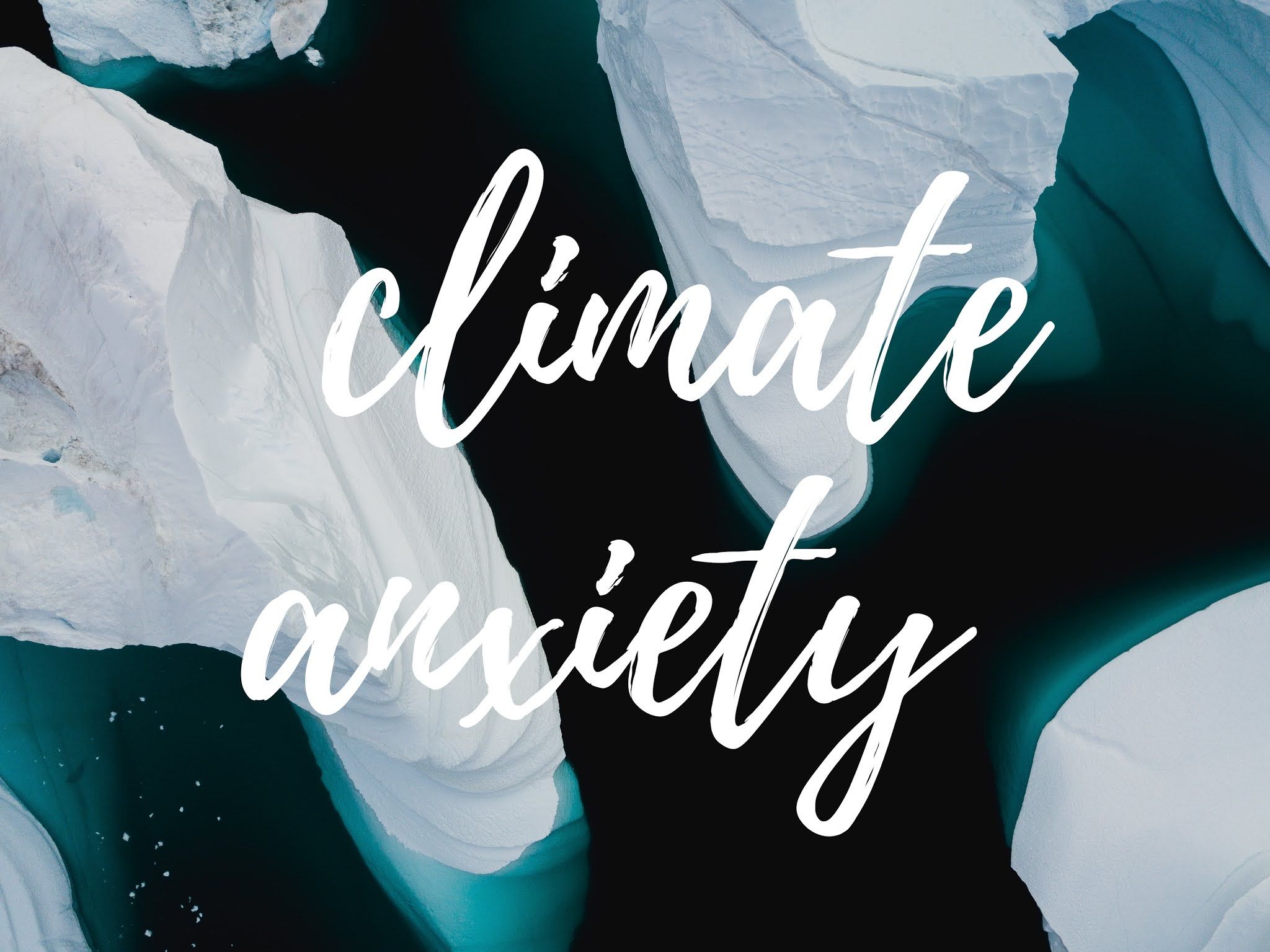Alleviating and managing climate anxiety is a process that takes dedication and time. However, there are some simple ways you can take that will help ease your climate-based anxiety and make a positive impact in your life and world at the same time.
Simply reducing your energy imprint, stopping being tied to the news and social media, prioritizing self-care, changing your diet, and working to make a change are five things that, taken together, create a blueprint to manage climate anxiety.
The slogan “think globally, act locally” is central to the idea of reducing your energy imprint by shopping at local shops specializing in items and goods from locally sourced providers. Additionally, shopping with reusable bags and containers versus throwaway bags can make a significant difference in the climate impact, from the energy needed to produce these bags to the amount of time and resources required to dispose of them.
Another thing you can do to reduce your energy imprint on the climate is to focus on energy conservation as a philosophy. Some examples of energy conservation in practice are:
1. Turn off lights when not in use
2. Keep room temperatures at a moderate temperature
3. Carpool or use public transportation, whenever possible
4. Purchase hybrid or electric vehicles
5. Install solar panels on your home
6. Use reusable coffee filters, and eliminate throwaway K-cups
7. Limit shower times and bathwater levels
8. Get low-flow toilets and sinks
9. Install energy-saver appliances throughout the house
Anxiety builds in us when there is an external stimulus that we can’t control. One of the best ways to alleviate stress is through exercise and mindfulness. Exercise provides various health benefits on both the physical and emotional levels. When we exercise, we provide an outlet to burn off the adrenaline and stress that contribute to anxiety while strengthening our body’s processes. Exercise causes the brain to release powerful neurochemicals that help regulate and elevate moods on an emotional level. Mindfulness is the practice of being emotionally centered and regulated at the moment, focusing on what is happening in real-time rather than worrying about the past or future, which are significant factors of anxiety.
Prioritizing self-care also means seeking professional help when necessary. For example, someone with extreme climate anxiety may develop anxiety and fear of places other than home, known as agoraphobia. For those individuals, seeking out agoraphobia treatment is prioritizing self-care.
Eating a plant-based diet is healthier and less impactful on the environment than an animal-based diet. Animals produced for consumption contribute to over 17% of climate affecting gasses, increasing the greenhouse gasses of CO2 and the much more damaging gas, methane. Additionally, the resources needed to produce and farm animals are much higher than vegetables and fruit, making it more conscientious about consuming less meat and more plant-based diets.
Alleviating climate-based anxiety is an ongoing process. In addition to the recommendations above, one of the best ways to ease that pressure is to make a difference. Little actions such as changing your diet, volunteering to “green” your home and neighbourhood, and being more conscientious about your energy impact can make a long-term difference. Additionally, working to help educate friends, family, and neighbours, joining organizations that sponsor positive climate and environmentally friendly actions will make you feel better. Simply planting trees can have two positive impacts. One is that you feel better about your actions, alleviating the anxiety you’re experiencing, and two, adding positive results that can impact the climate long-term.






